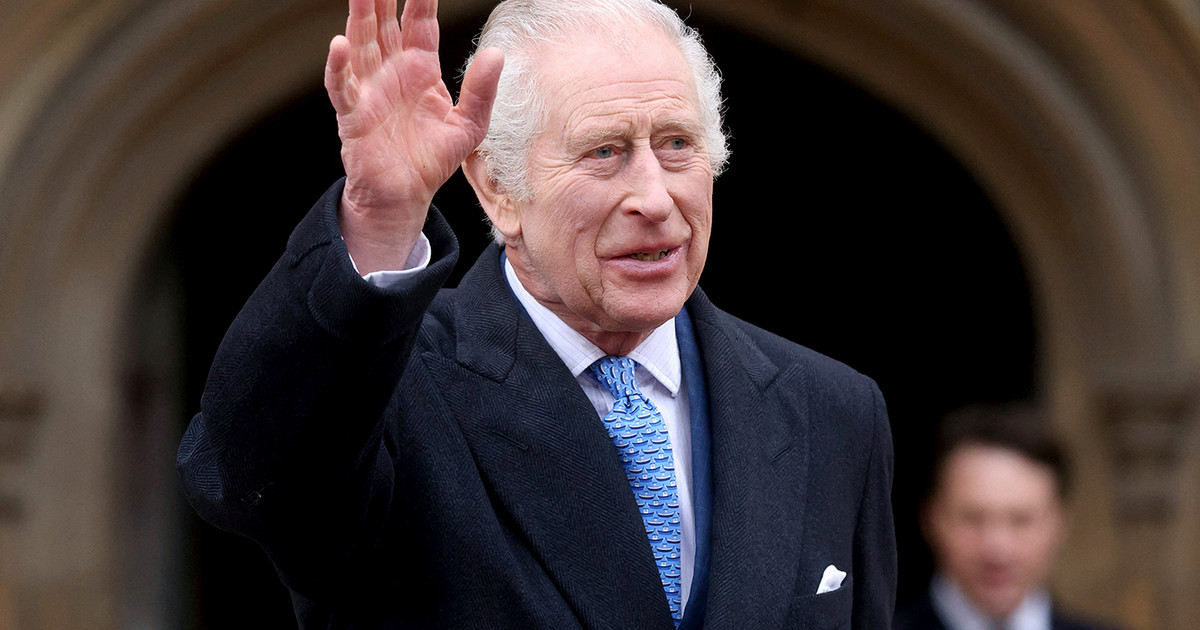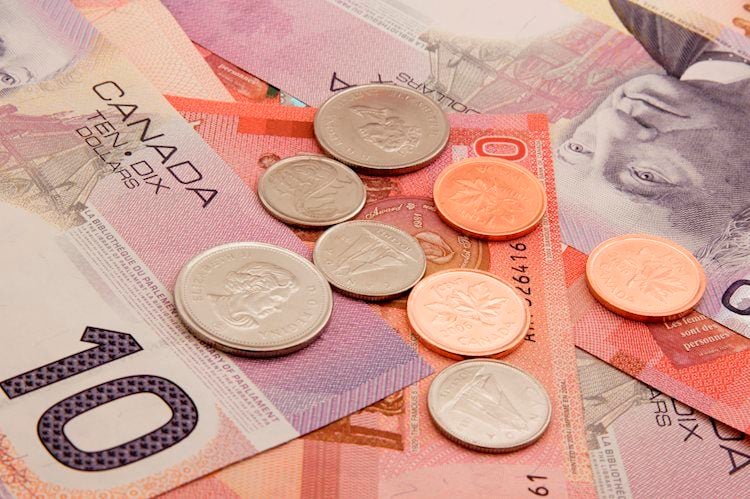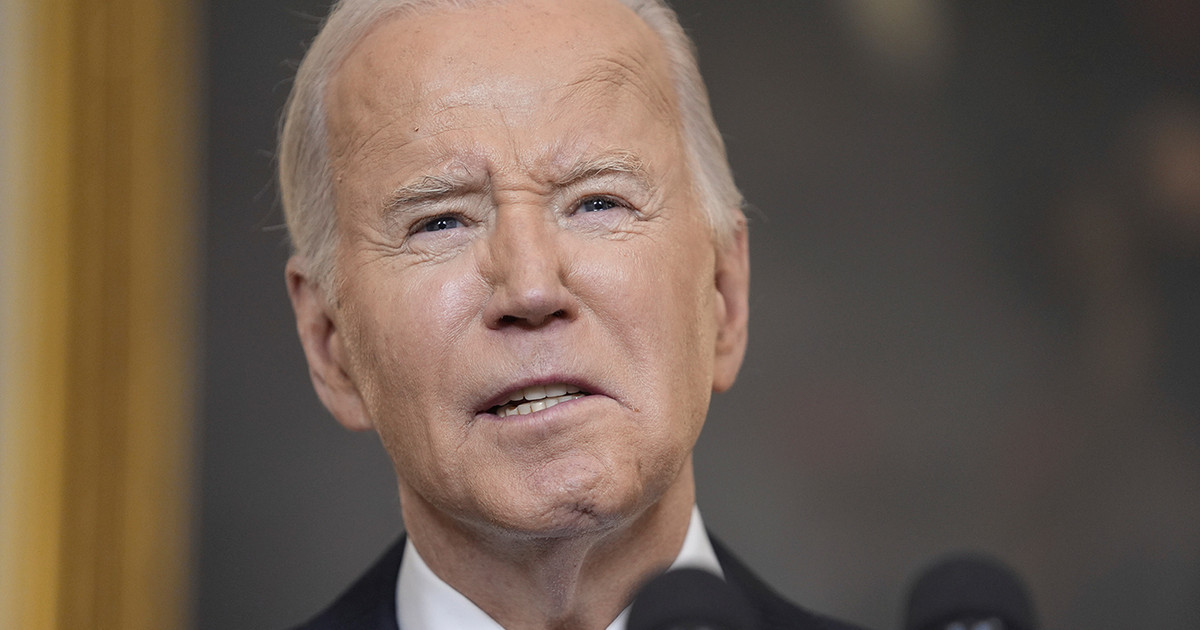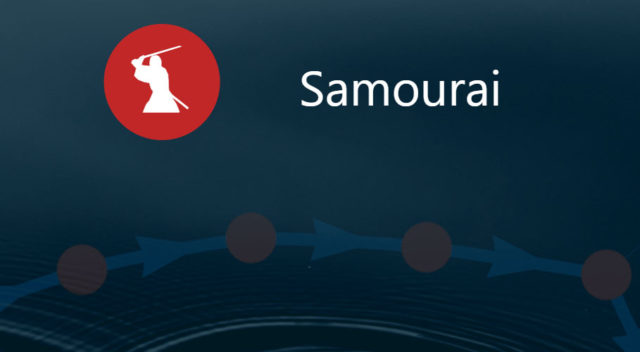Resources earmarked by the federal government for health care for the indigenous population have been gradually falling in recent years, having reached even lower levels during the administration of former President Jair Bolsonaro (PL).
The amount paid for actions to promote, protect and recover indigenous health dropped by almost 20% last year compared to 2017, the first year of application of the spending cap rule.
According to a survey carried out by CNN with data from the Federal Budget Panel, in 2018 around R$ 1.8 billion were paid (amounts updated with annual inflation). Last year, this amount dropped to something close to R$1.5 billion – a reduction of approximately 18% in four years.
The money set aside for these expenses has also dropped considerably in recent years. In technical jargon, this is what is called a “commitment” – that is, the stage at which money is set aside by the government for a given expense. Payment only occurs after the service has been provided (which is called settlement in technical jargon).
In 2017, the first year in force of the spending ceiling, R$ 2.2 billion were committed (that is, the government set aside) for expenses with indigenous health. In all, R$ 1.8 billion were paid that year.
The drop was considerable. Last year, R$ 1.6 billion were pledged (a drop of 27%) and R$ 1.5 billion paid (a reduction of 18%).
In 2016, the National Congress approved a constitutional amendment limiting the increase in public spending (the so-called spending ceiling). As a result, the Federal Budget was frozen that year, with only an increase in line with the year’s inflation being possible.
That year, the budget proposal of the then Dilma Rousseff government provided for allocating R$ 1.9 billion for actions aimed at indigenous health. Resources gradually dropped, having reached “rock bottom” in the budget piece sent by Bolsonaro last year.
In 2017, the forecast was around BRL 1.8 billion. In 2019, the first year of the Bolsonaro government, it dropped to R$1.6 billion. In the last year of the former president’s term, this amount was reduced to R$ 1.4 billion.
For this year, however, the drop was even greater: Bolsonaro’s text provided for only R$ 600 million for these expenses. The value was changed by deputies and senators at the end of last year, after the election of Lula (PT), reaching R$ 1.5 billion.
Even so, it represents a drop of 18% compared to the value of 2016 (with all values readjusted for inflation in this period).
The reduction in resources provided for in the federal government’s budget for spending on indigenous health is one of the points that helps explain the situation of public calamity involving the Yanomami indigenous people.
Last weekend, President Luiz Inácio Lula da Silva went to Roraima to visit Yanomami indigenous people. After his agenda, the president promised more dignity to the native peoples and said that he will take doctors to assist the population in the communities.
The government declared a public health emergency due to the lack of assistance to the Yanomami. The Ministry of Health opened registration for voluntary registration of professionals who wanted to work on site through the National Force of SUS.
The indigenous reserve was demarcated in 1992 by then President Fernando Collor. It has an area of more than 9.4 million hectares located in Roraima and Amazonas, on the border with Venezuela. There is constant conflict in the region between miners and the indigenous peoples who live there.
THE CNN contacted the defense of former president Jair Bolsonaro and the advisory of the Ministry of Health in search of a position regarding this survey and has not yet received a response.
Source: CNN Brasil
I’m James Harper, a highly experienced and accomplished news writer for World Stock Market. I have been writing in the Politics section of the website for over five years, providing readers with up-to-date and insightful information about current events in politics. My work is widely read and respected by many industry professionals as well as laymen.






